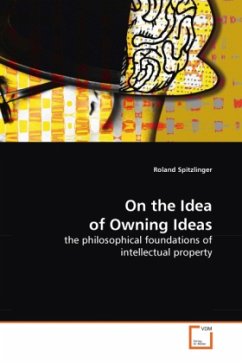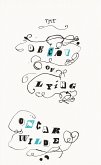The recent proliferation of intellectual property has caused much public disagreement over the nature and legitimacy of owning immaterial goods. How is it that we believe in ownership of intangible, abstract goods like music, software and design, and even colors and smells? Who came up with the idea of legally owning ideas, and which rationales are behind it? The author, Roland Spitzlinger, investigates the philosophical foundation and legitimacy of intellectual property rights. He takes the reader back to the historical roots of patents in the sixth century B.C.E. and asks if traditional property regimes can really be extended to non-material goods. What can we learn from arguments proposed by John Locke, G.W.F. Hegel and Jean-Jacques Rousseau and how could their thoughts help to better understand the ongoing dispute between supporters and critics of patent and copyright law today? This book is aimed at those interested in the philosophical discussion of intellectual property rights, a concept that has entered all aspects of modern life and which is likely to cause ever growing social and political disturbance in the years to come.
Bitte wählen Sie Ihr Anliegen aus.
Rechnungen
Retourenschein anfordern
Bestellstatus
Storno








